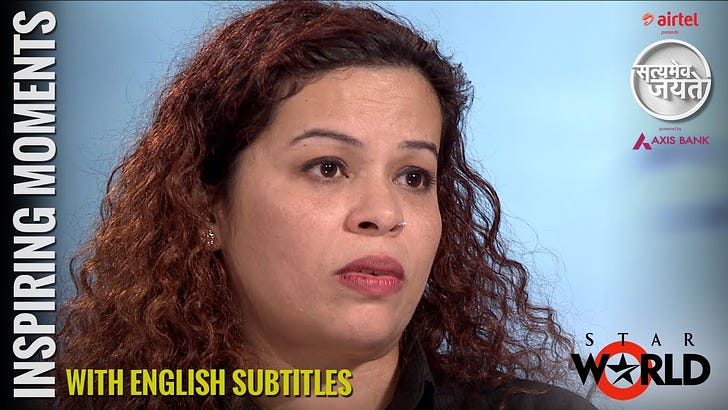THG 24: Why even women judges empathize with perpetrators of rape and sexual assault
Is Rape a Class and Caste Issue too?
What if whole of your society, including the judiciary, relates to and empathizes with the rapists and perpetrators of sexual assault more than the victims? What if victim-blaming and shaming is so prevalent as to be the norm?
One verdict each given this week by Nepal’s Supreme Court and one of the apellate courts have left me aghast and asking those questions.
Ironically, both the two-justice benches had one woman justice each. The apologists of the accused have now got everything they wanted: the victims are terrorised and demoralized, activists are savagely criticizing the women justices, the accused are valorized and celebrated and the credibility of judiciary is in tatters.
After all, it is the victims who need a credible and sensible judiciary, not the perpetrators.
My impression from this whole judicial fiasco is this: In each case, the justices have picked the winner—the accused in both the cases involving rape of the minor—beforehand and then gone on to conduct the benches and give verdicts based on that decision.
Everything that has transpired during the trials points to this same conclusion.
Let me explain why I say that. In one of the cases, the plaintiff—the lawyers from the Attorney General’s office fighting on behalf of the victim—had submitted a verified call record in which the accused had clearly admitted to having sex with the minor victim.
The defendents had countered that with a vague text message from the victim that translates like this: ‘We know that nothing of that sort happened between us; so I am sorry for the trouble you have to go through’.
The bench interpreted this vague text from the minor as the evidence ruling out sexual intercourse between the two while nullifying—without any explanation—the admission to the contrary from the adult accused.
Why would they do that? Well, your guess is as good as mine.
I think, at least in these two cases, this all goes back to the question of which human being can relate with whom: Nearly all of Nepal’s judges/justices come from relatively wealthy families with ‘respectable’ people all around them. The accused in both these cases are ‘respectable among the respectables’, a film actor and the then captain of Nepal’s national cricket team.
When such respectable and relatable people end up in jail, that seems to trouble Nepal’s judges way more than the savageries of physical and mental torture as well as the paralysing social stigma through which the victims have to go.
In fact, the supreme court bench, in an order that it—unnaturally and unsuccessfully—tried to keep beyond public scrutiny, seemed to highlight the status of the accused as the reason to fast-track the case allegedly involving a crime as serious as the rape of a minor.
This is the often ovelooked class angle in this issue. For the caste angle of sexual violence in Nepali society, you may have to wait for my book—due in a month or so—detailing life in a mountainous village in Nepal as seen through the eyes of four generations in my family.
For a glimpse of how bad things are in Nepal’s caste-ridden Terai-Madhesh when it comes to sexual violence against the Dalit women, please listen to this deep-dive podcast:
#39 अनि तपाईको थर नि?
This much said, let me wrap this post up with a poignant yet powerful and uplifting experience of a rape survivor from India who tragically passed away due to encephalitis before seeing her lifelong fight for justice come to fruition:
Please note that the Chief Minister of West Bengal, a woman named Mamata Banerjee had dismissed the 2012 incident as ‘fabricated’. In December 2015, a Kolkata court found all the five accused in the case as guilty.
For Nepali speakers, here is my short piece reflecting on the sorry state on Nepal’s judiciary in Onlinekhabar.
Finally, for those of you who can understand Hindi, here are few good short films dealing with rape and sexual violence:



